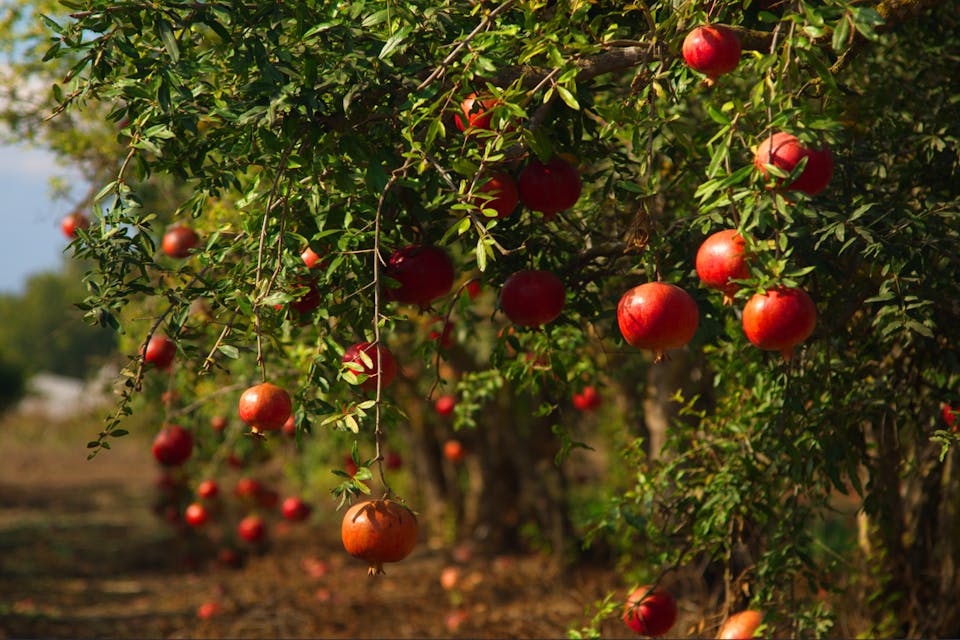
September 17, 2025
All Good Things Must Come to an End, but What Does That Have to Do with Summer?
Philologos says farewell.
I’ve been thinking about the Hebrew words ketz, “end,” and kayitz, “summer,” both of which occur often in the Bible and are still (although the former mainly in writing) in ordinary use. It’s natural to think about them because, just as summer is now ending, so is this column. After 35 years of appearing regularly, this is its last time.
Thirty-five years are a large part of a lifetime, and I’ll leave it to my creator Hillel Halkin to comment on them in an essay about my career that he plans to publish in these pages. Despite what some may believe, he and I are not quite the same person. I have existed only in this column, while he has had an entire life apart from it. This gives him a perspective that I lack and that I trust he will share with you. I myself am more comfortable saying goodbye with ketz and kayitz.
In the climate of the eastern Mediterranean, as in the Jewish calendar, summer’s end truly marks the end of the year. Even today, when piped water and modern irrigation methods partly obscure the effect of the rainless summer months, the Israeli landscape bears palpable witness to the lengthy dry season in which all annual vegetation dies off. The fields, if not watered, are the color of sand; the hills, if not wooded, are sere and brown. Nothing green shoots up from the earth. The earth itself is hard and dry; you can barely drive a knife into it. It waits for the rains that will set the cycle of nature in motion again.